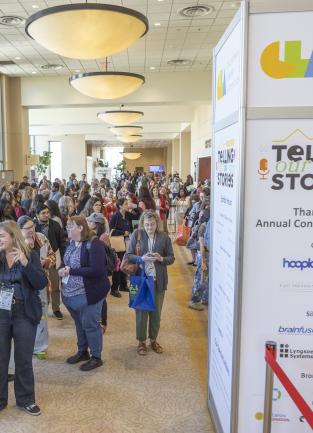Home Sweet Home: the Harada family circumvents racially discriminatory laws to own their own home in the early 1900s

December 4, 2020
Home ownership is a component of the “American Dream” along with life, liberty and the pursuit of happiness. Home ownership has economic and social advantages that have historically created discrimination and predatory practices towards low-income people and people of color. The importance and right to fair housing is evidenced by the passage of the Fair Housing Act of 1968, which states that race or color, religion, sex, national origin, familial status or disability are all protected by law from discriminatory practices.
Immigration in California has been a contentious issue from the start, with the time period of the early 1900s focusing on the Japanese. In California, Japanese were prohibited from owning property due to the Alien Land Law. The Alien Land Law was passed by California Legislature in 1913 and marked the first in a series of laws that were racially discriminatory towards Japanese.
The first California Alien Land Bill (A.B. 404) was passed by the CA Assembly in 1907, following the practice of segregated schools for Japanese beginning in San Francisco after the 1906 earthquake. The bill limited the period of land ownership of aliens who didn’t declare to naturalize in 5 years and set a maximum lease period at 5 years. While the bill was going through the California courts, President Theodore Roosevelt intervened multiple times because of his fear that the law would undermine negotiations underway between Secretary of State Ellihu Root and Ambassador Suizo Aoki. The bill was tabled in 907 by the CA Senate because of President Roosevelt’s intervention but underwent revisions and was ultimately passed in May of 1913.
The Harada house, located at 3356 Lemon Street, was home to the Japanese American Harada family: Jukichi, Ken and their children Mine, Sumi and Yoshizo. In December 1915, Jukichi found a way around this law by purchasing the home in Riverside and recording the title of the property in the names of his three American born children. After purchasing the home, residents in Harada’s community took action to eject the family from the neighborhood which led to filing suit in the Riverside Superior Court in 1916. The case went to trial on May 28, 1918 and was tried by Attorney General Webb, assisted by state Senator Miguel Estudillo. Judge Hugh Craig ruled the Alien Land Law was constitutional and that the California Constitution gave all citizens the right to own any land in the state. This ruling favored the Haradas since the title of the property was in the children’s names and Jukichi’s payment of the fee could not be construed as evading the Alien Land Law.
While this was a historic step for Japanese in California to own land, this progress was shattered during World War II when the Harada family and other Japanese American citizens were separated and sent to an internment camps throughout California following the bombing of Pearl Harbor. Jukichi and Ken died in the camps, but the children retained ownership of the home because a white family friend took care of the house while they were forcibly kept in internment camps. Sumi Harada returned and lived in the house following the end of World War II.
The Harada house was declared a historical landmark in 1990 and is overseen by the Museum of Riverside. Explore the Harada House site https://www.haradahousefoundation.org/ to hear oral interviews and peruse lesson plans. One interview is with Mitsuru Inaba, who was forcibly evacuated with his family to the Manzanar Relocation Center during World War II.
While the case of the People v. Harada is considered a landmark case, it is unpublished and is difficult to find. While the case itself proves elusive, the effects of the decision reverberate through California’s legal history. Looking and learning about the past helps us make changes in the present for a better future.
Works Cited:
US Department of Justice, The Fair Housing Act (2017) https://www.justice.gov/crt/fair-housing-act-1#:~:text=The%20Fair%20Housing%20Act%20prohibits%20municipalities%20and%20other%20local%20government,Act%20makes%20it%20unlawful%20%2D%2D
Bruce A. Castleman, California's Alien Land Laws, 7 W. LEGAL Hist. 25 (1994).
City of Riverside, Harada House (accessed November 25 and 30) https://www.haradahousefoundation.org/
Written by: Jenna Pontious, Public Services Librarian











